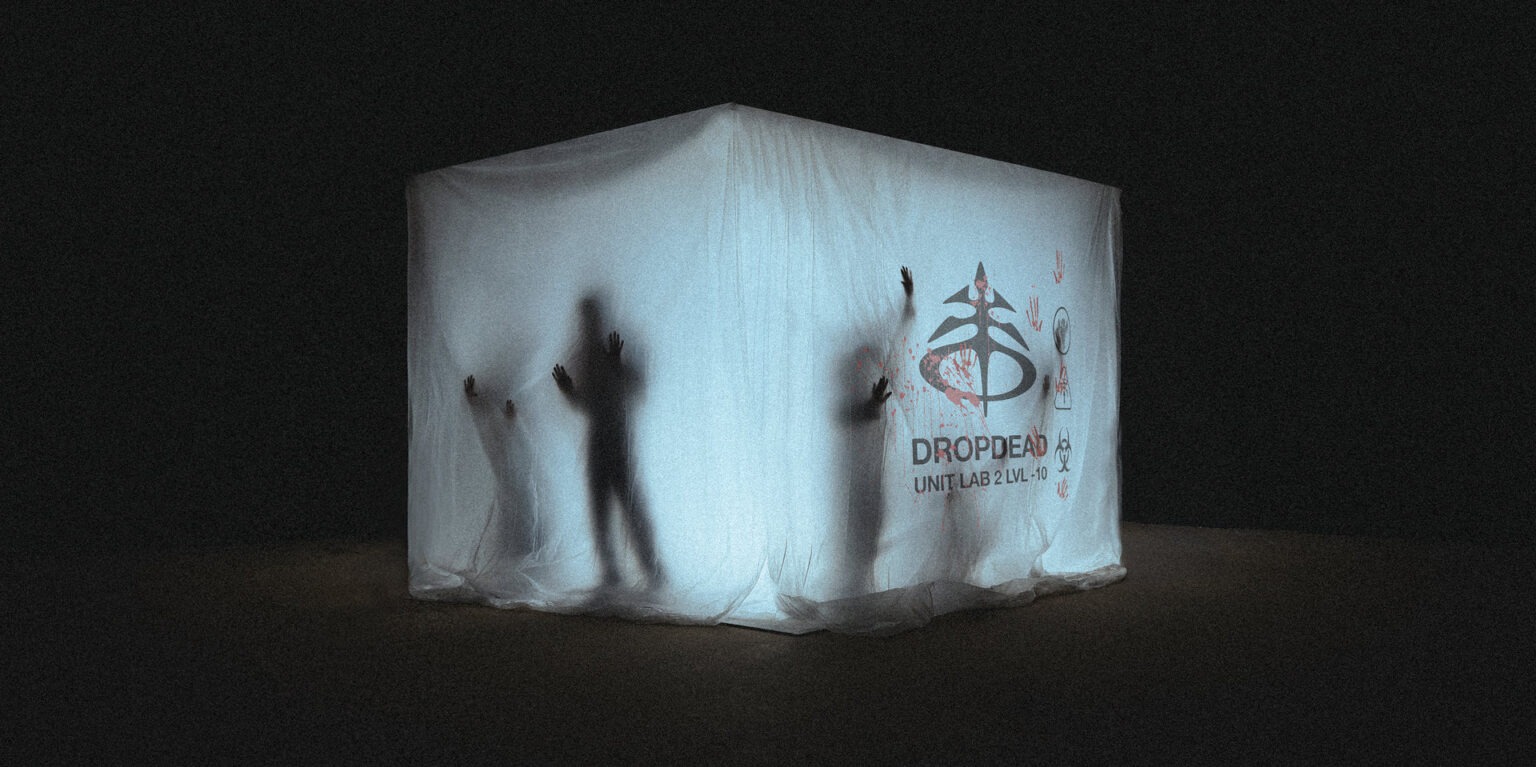Drop Dead Clothing has long stood at the intersection of edgy design and unique individuality. Founded by Oliver Sykes, the frontman of Bring Me The Horizon, the brand erupted onto the alternative fashion scene with its bold prints and rebellious branding. But what truly sets Drop Dead apart in recent years is its commitment to sustainability. The company is forging a new path—a path where cutting-edge fashion meets environmental consciousness.
Drop Dead’s mission isn’t just about designing clothes; it’s about reshaping an industry. Through eco-conscious materials, ethical practices, and community-driven initiatives, Drop Dead is leading a renaissance in sustainable fashion. If you’re a conscious consumer looking for unique style without harming the planet, you’re in the right place.
This blog will take you through the sustainable ethos of Drop Dead Clothing, its efforts to combat fast fashion, and why ethical production is more important than ever in today’s fashion landscape.
The Importance of Sustainable Fashion
Before we dig into Drop Dead’s sustainable approach, let’s tackle the real issue here—fast fashion. The rise of mass-market brands has introduced an alarming throwaway culture, where cheaply made garments are discarded just as quickly as they’re made. Consider these unsettling facts:
- The fashion industry is responsible for 10% of global carbon emissions.
- An estimated 85% of all textiles end up in landfills annually.
- Fast fashion also extensively exploits cheap labor in countries with minimal worker protections.
The result is a cycle of environmental degradation, exploitative working conditions, and an excess of waste. For any consumer remotely mindful of sustainability, this paints a bleak picture.
However, sustainable fashion offers an opportunity to reverse this harm. By using organic and recycled materials, producing high-quality garments meant to last, and focusing on ethical manufacturing, brands like Drop Dead are disrupting the industry.
Drop Dead’s Sustainable Initiatives
Drop Dead Clothing is taking significant strides toward reducing its environmental impact. Here’s how it’s making a difference in sustainable fashion:
- Eco-Friendly Materials
The brand now uses sustainable alternatives in its collections, including organic cotton and recycled polyester. Organic cotton alone has a far lower environmental footprint, requiring 91% less water and producing 46% less CO2 than conventional cotton.
- Zero-Waste Packaging
Drop Dead ships orders in zero-waste, biodegradable packaging to ensure nothing ends up in a landfill. Unlike single-use plastics, their packaging materials break down naturally, causing no harm to the environment.
- Seasonal Capsule Collections
Rather than overproducing, Drop Dead has shifted to smaller, seasonal capsule collections. This reduction in volume minimizes waste and aligns with their goal of producing only what will sell.
- Repair and Reuse Initiatives
Drop Dead also encourages customers to repair, rather than replace, their clothing. They’ve introduced repair kits and hosted workshops on extending the lifespan of their products.
Ethical Production and Supply Chain
Sustainability isn’t just about the materials—it’s about the people behind the process. Drop Dead’s commitment to ethical production ensures that their clothing isn’t just good for the environment but also for the workers who make it.
- Fair Labor Practices
Drop Dead enforces rigorous fair labor standards across its supply chain. From sourcing materials to garment production, the brand guarantees fair wages and safe working environments for all workers.
- Transparency in Every Step
To boost accountability, Drop Dead practices transparency by sharing detailed reports on its materials, manufacturing partners, and supply chain operations. The goal? Empower consumers with the knowledge to make informed purchasing decisions.
- Audits and Certifications
The brand works only with factories that meet international labor and environmental standards, reinforced by regular third-party audits. Certifications like GOTS (Global Organic Textile Standard) and OEKO-TEX further validate their commitment to ethical practices.
Community and Stakeholder Engagement
Sustainability is not just a singular effort—it’s a movement. Drop Dead engages actively with its community and partners to broaden the conversation around ethical fashion.
- Social Media Advocacy
The brand uses its platform to educate followers on the importance of reducing waste, buying sustainably, and practicing conscious consumerism.
- Collaborations with Artists and Activists
Drop Dead collaborates with eco-conscious artists and activists to tap into creative solutions for industry-wide change. These partnerships amplify their message and inspire more consumers to buy ethically.
- Customer Empowerment
Drop Dead actively involves its customers in the sustainability narrative, inviting them to share styling tips, participate in recycling programs, and contribute to meaningful discussions about environmental impact.
The Future of Sustainable Fashion
Drop Dead is just one player in a broader movement that is reshaping fashion as we know it. The industry is trending toward innovative solutions, such as biodegradable fabrics, AI-driven inventory management to reduce overproduction, and closed-loop recycling systems.
Drop Dead’s initiatives not only reflect these trends but also pioneer new standards for others to follow. By staying authentic to its creative roots while taking bold eco-friendly strides, Drop Dead proves that sustainability and style go hand-in-hand.
Your Move Toward Sustainable Style
Choosing sustainable fashion isn’t just a trend—it’s a responsibility. By supporting brands like Drop Dead Clothing, you’re helping to counter the harmful impact of fast fashion, one purchase at a time.
Check out Drop Dead’s latest collection today for ethically produced, planet-friendly styles that stand out from the crowd. Every garment you buy is not just a step closer to better fashion but a more sustainable future.
